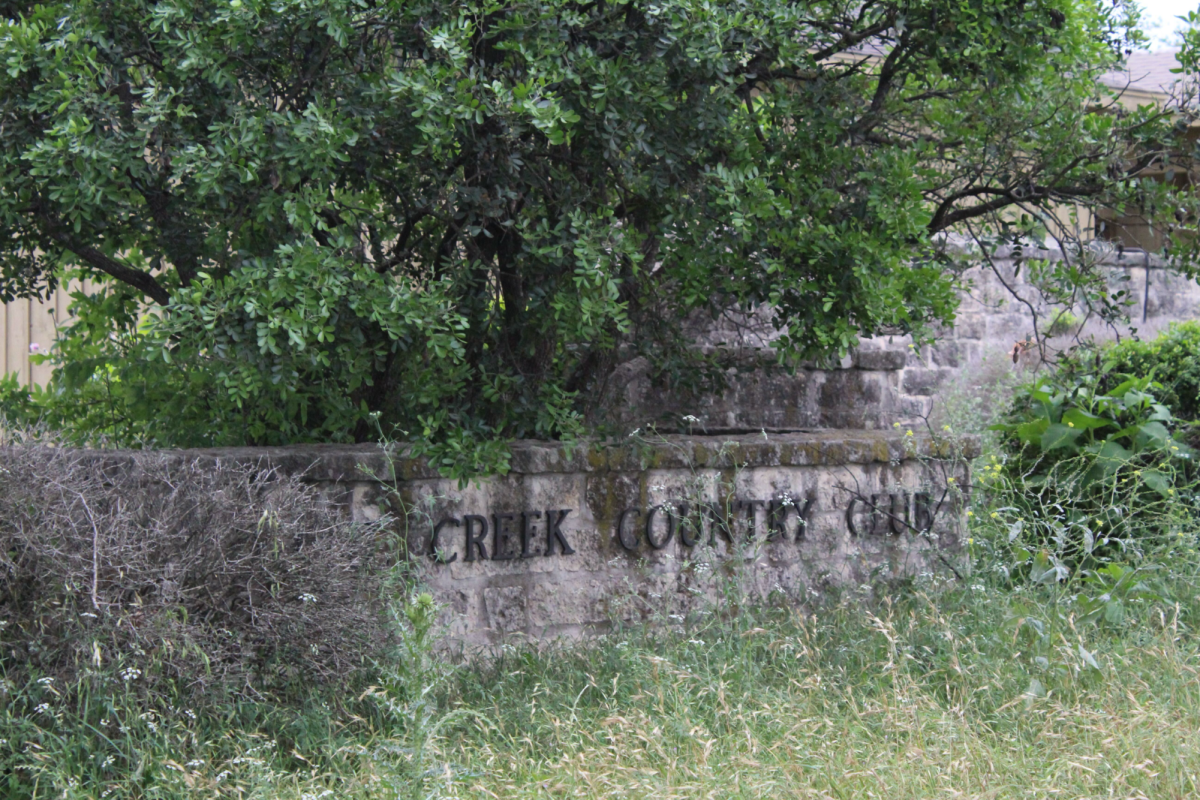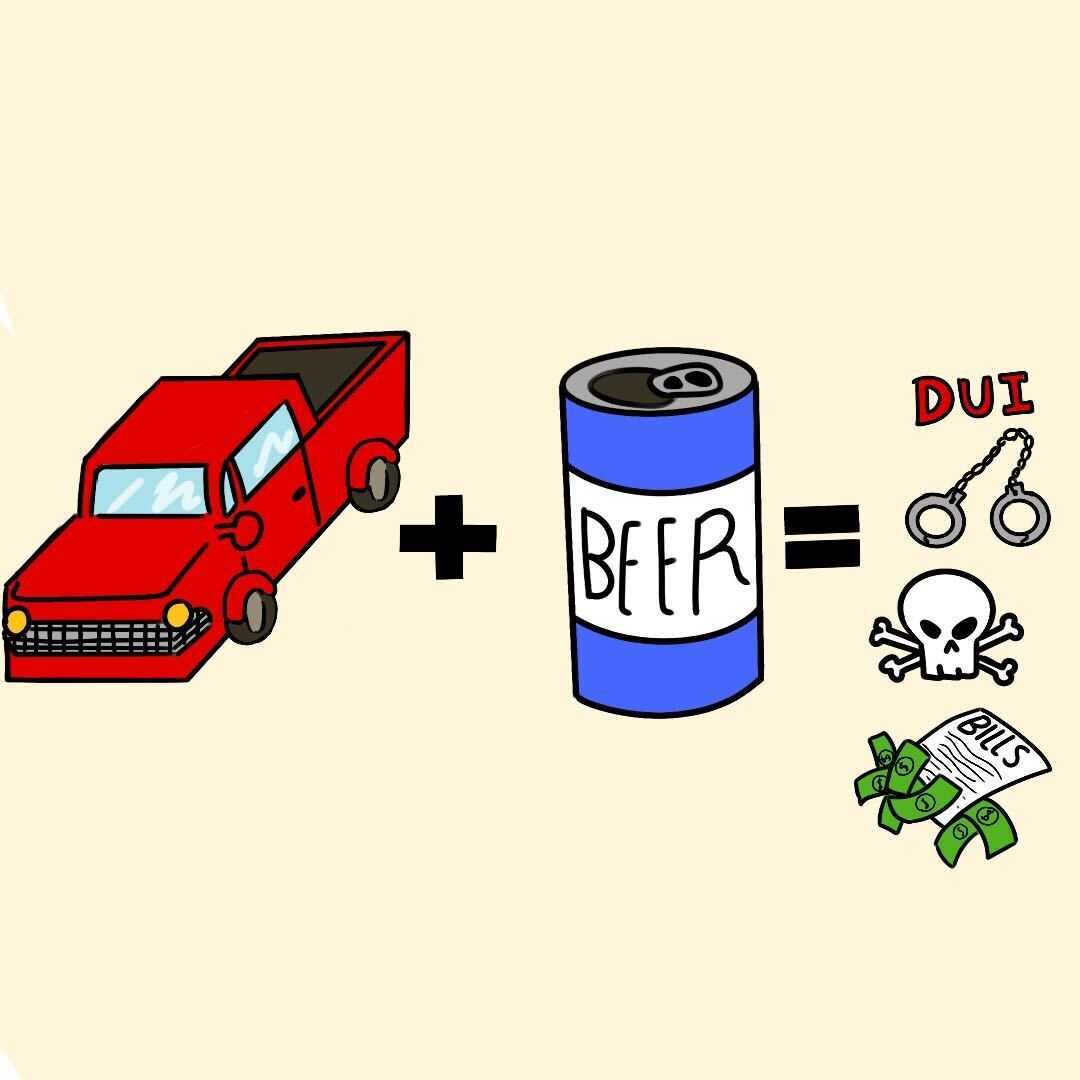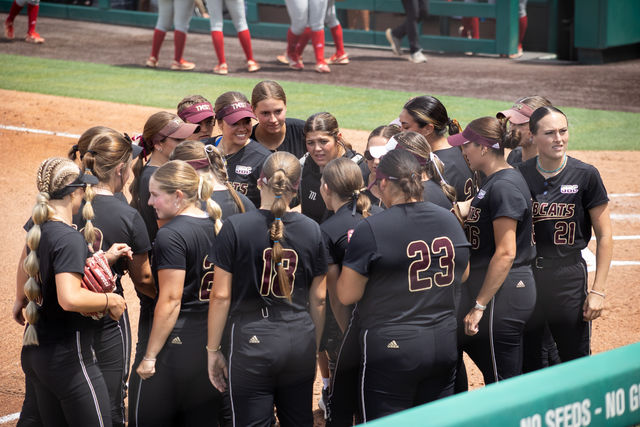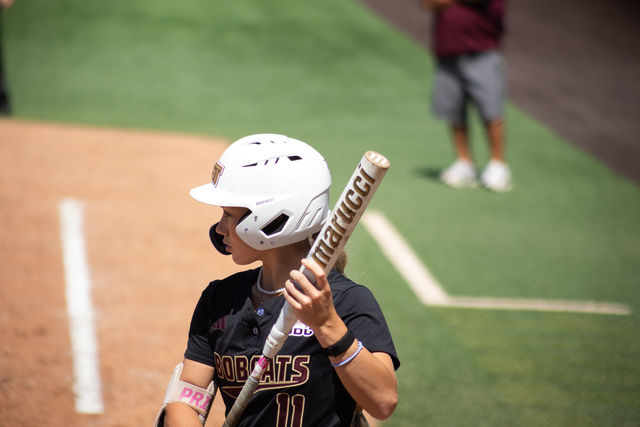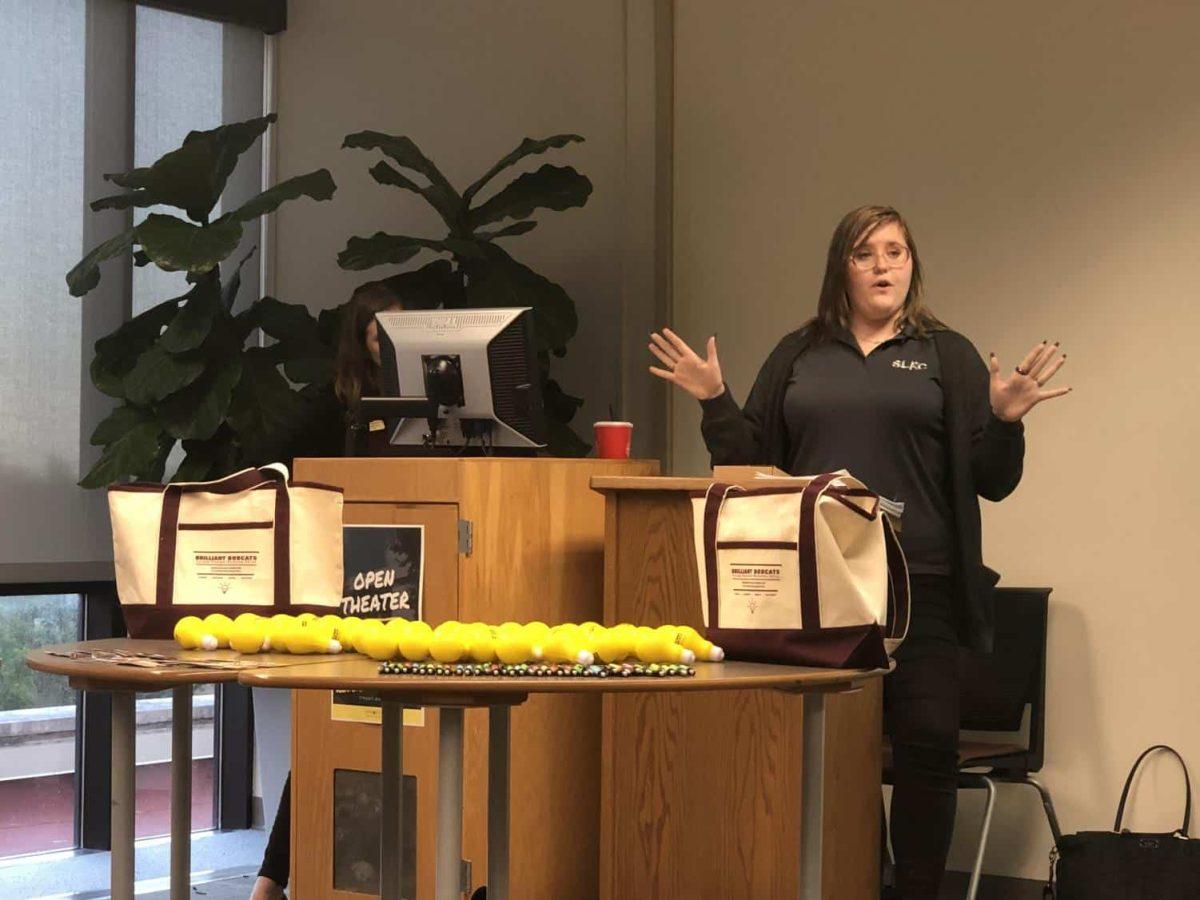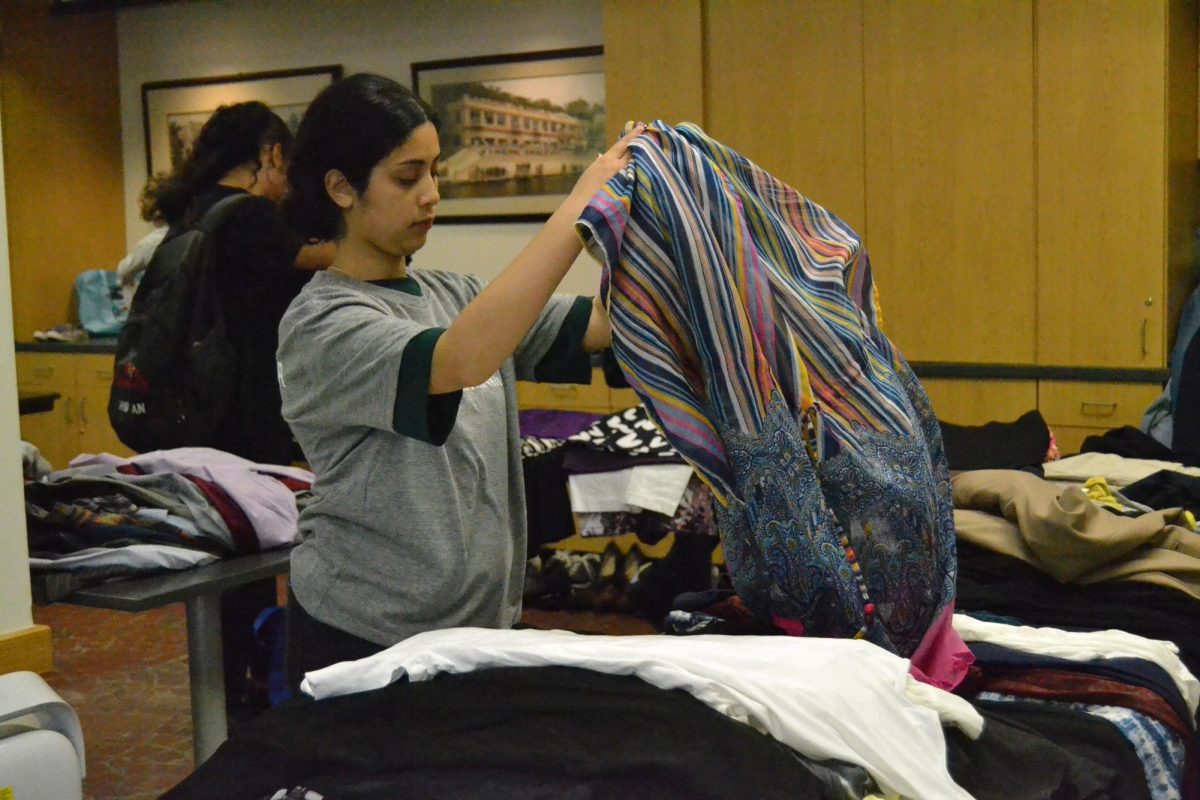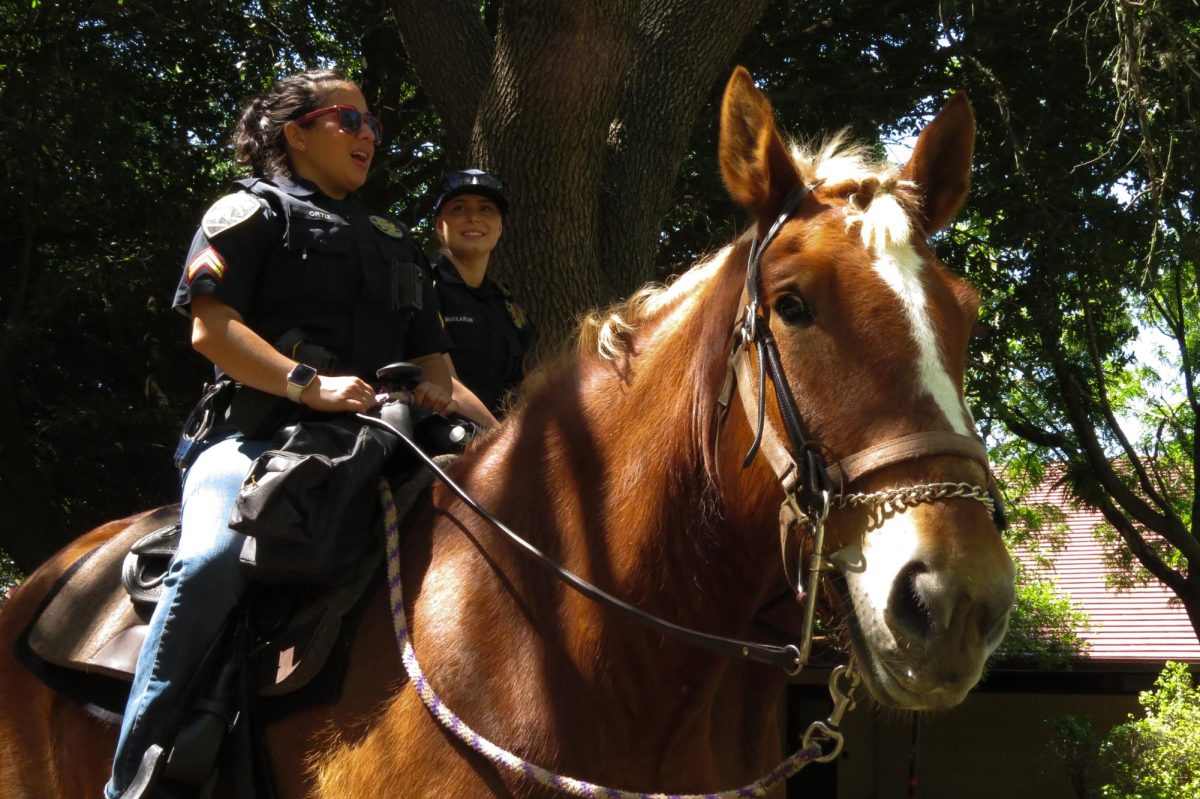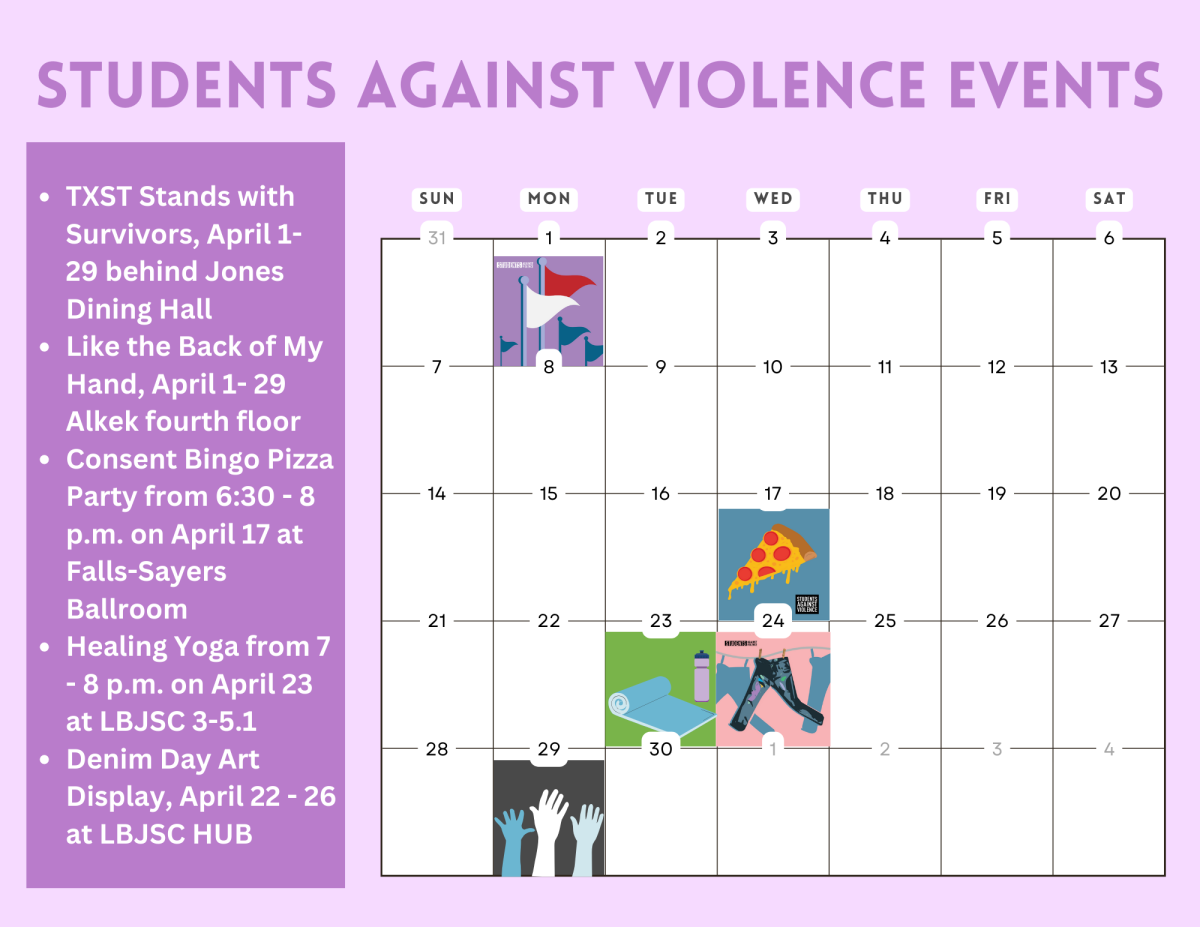With midterm season around the corner, students can find themselves overwhelmed and frustrated when it comes to completing assignments and studying. Feelings of exasperation might lead to procrastination, resulting in last-minute cramming. Here are five ways to break poor habits and become a better student.
1. Studying in the wrong environment
It may seem relaxing to study in the comfort of one’s living room while reruns of a TV show play in the background. However, studying in an environment surrounded by distractions can lead to increased procrastination.
Instead, students should study in an environment where they are able to concentrate and complete work. Study lounges are available around campus, local coffee shops and the library.
It is important to note every student has a unique learning style, which should be considered when deciding on a location. For instance, the silence of the library might agitate some while the sound of a coffee shop’s espresso machine may be too distracting for others.
2. Being disorganized
Oftentimes, students start the school year off strong. They may neatly color-code assignments in planners and have a designated notebook for each class.
However, at this point in the semester, miscellaneous papers are often found at the bottom of backpacks, chemistry worksheets are in history notebooks and planners have been forgotten.
For student success, it is important to take initiative in getting organized. By forgetting due dates and rushing to complete assignments, students can be in danger of jeopardizing grades.
Students can improve themselves by re-organization. Making an effort to clean out backpacks at least once a week and committing to writing down deadlines in planners can make all the difference.
3. Not taking advantage of campus resources
There are numerous on-campus and online resources created to help students academically, including Math Cats, Student Learning Assistant Center and Brilliant Bobcats.
Staci Strauch is the Brilliant Bobcats coordinator, a workshop series part of the Student Success program. Brilliant Bobcats focuses on teaching students academic and professional skills like study tips, financial literacy and time management.
Strauch said it is vital for students to take advantage of campus resources like Brillant Bobcats. Skills taught in these workshops will last attendees a lifetime.
“We’re not teaching them skills acting as a bandaid where they’re just gonna put it on for college and then take it off,” Strauch said. “We’re providing them with a skill set they’re going to use the rest of their lives, like time and money management.”
The final Brilliant Bobcat workshop of the semester is 5:30-7 p.m., Nov. 11, in the Alkek Open Theater. The session will focus on how students can improve their science and math skills.
Students unable to attend in-person workshops can participate through online modules via TRACS.
4. Ineffective reading methods
Brilliant Bobcats hosted a reading and writing workshop Oct. 8 in the Alkek Open Theater. Speakers from SLAC presented a series of tips and exercises to help students enhance their reading and writing skills.
One of the topics SLAC tutors focused on was reading methods. The presentation was broken down into three phases: the forethought, the performance and the review and reflection phase.
During the forethought phase, students should plan and prepare for readings. Gathering materials, setting aside time to read are included in this phase.
During the performance phase, students should strategize and execute techniques such as sectioning and annotating the text.
Lastly, during the review and reflection phase, students should reflect on the material they have read and consider how their class connects to the text.
Practicing techniques can encourage students to become engaged in the text and allow them to better comprehend the material learned inside and outside the classroom.
5. Failing to ask for help
Students might feel timid when it comes to reaching out to professors or other campus resources when struggling academically. However, faculty and staff are willing and ready to help however possible.
Alexis Patterson, electronic media junior, attended the Oct. 8 Brilliant Bobcats workshop. She was looking for opportunities to help herself improve academically and break poor study habits.
“I came to take away new ideas on how to study,” Patterson said. “Now that I’m in my junior year, it has become a lot easier to fall behind and slack in my classes.”
Patterson said although she has been in college for years, she can continue learning tips pushing her to improve as a student.
Sarah Jackson, graduate assistant for Brilliant Bobcats, is responsible for coordinating the workshops and planning out topics for each session.
Jackson said she hopes the series helps students understand they are not alone in the struggles of college. These programs and resources are designed to aid with the frustrations of not knowing how to study or understanding a topic.
“The people running these programs are doing it for a reason,” Jackson said. “We enjoy helping students. It is a part of our jobs and it is what we love to do.”
For more information regarding campus resources and study skills, visit Student Sucess online.

